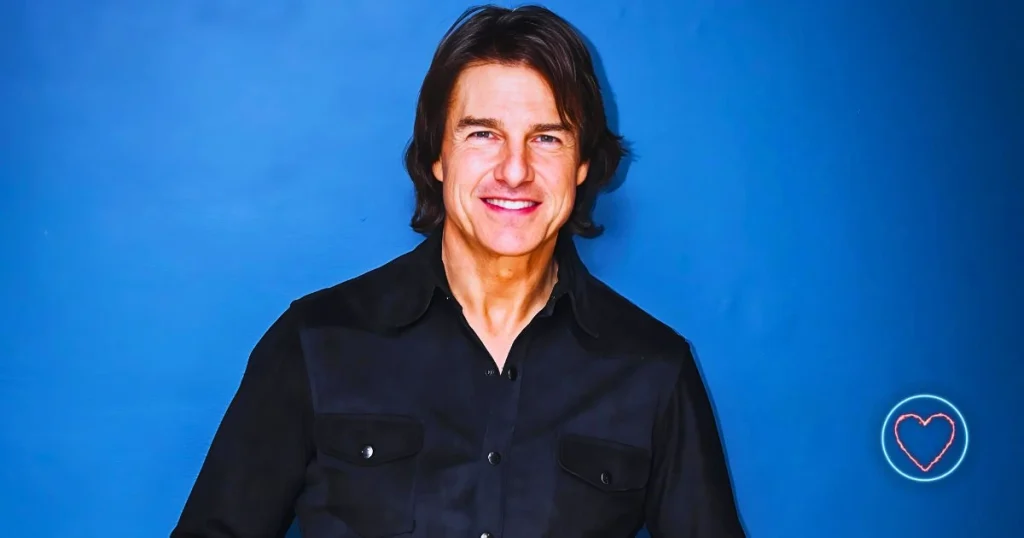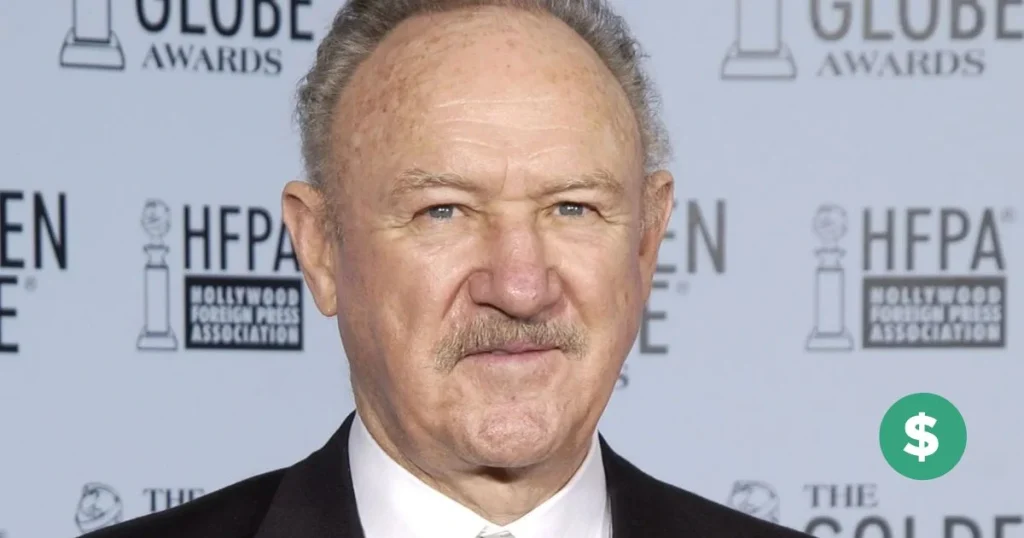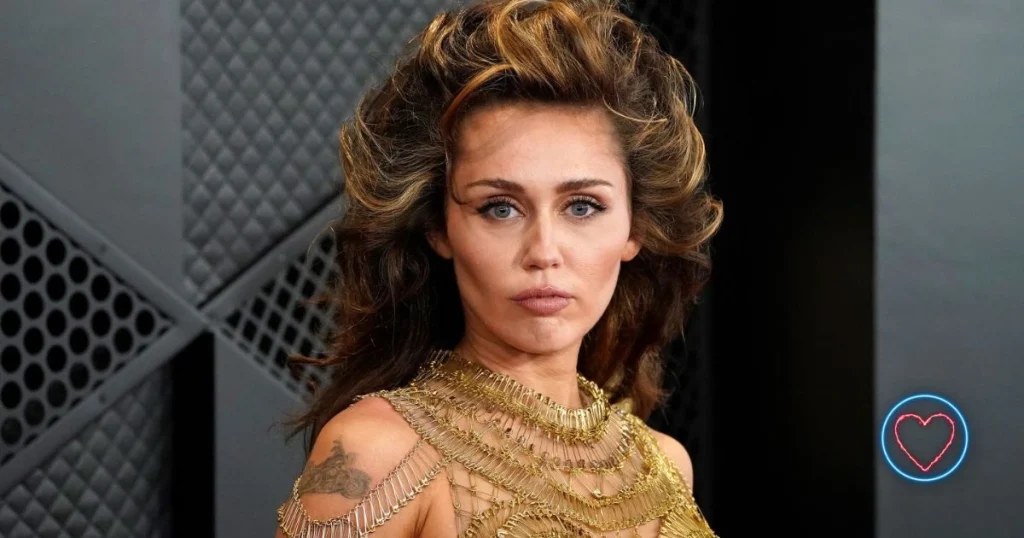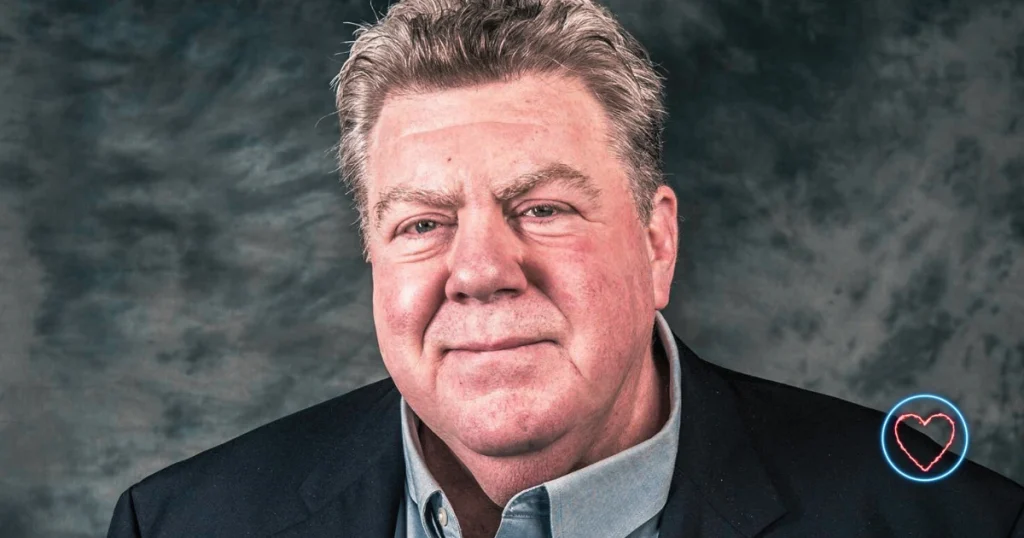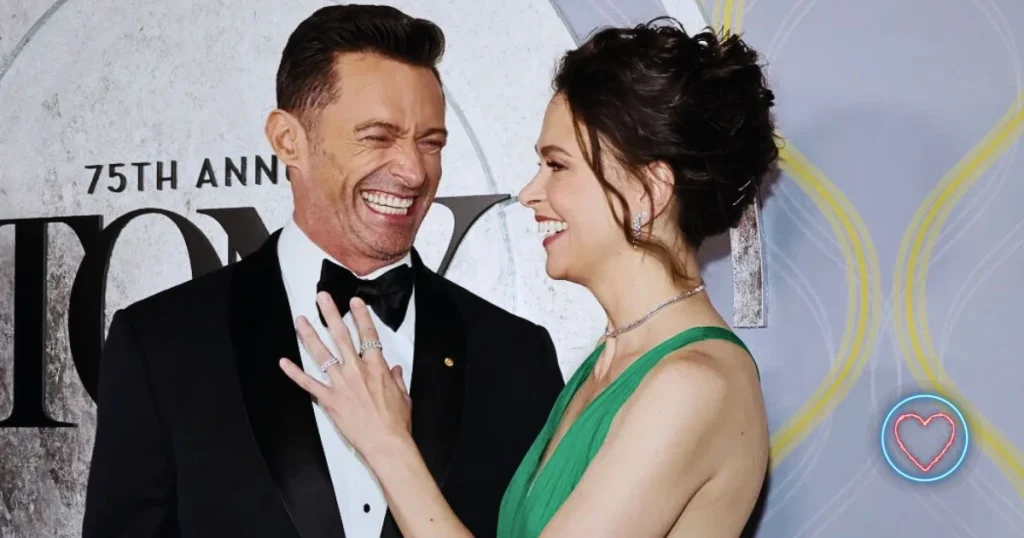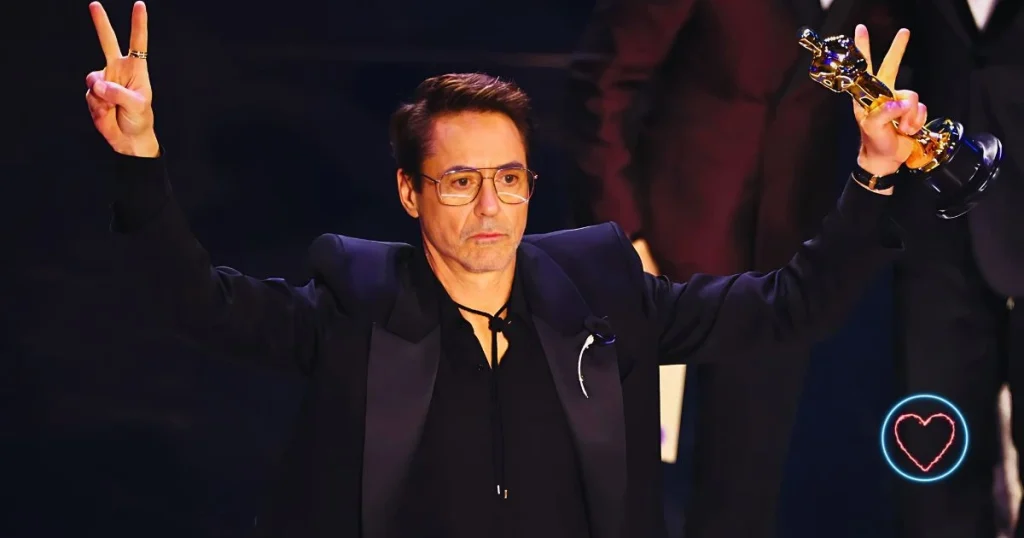Tom Cruise isn’t just a Hollywood megastar—he’s a psychological enigma wrapped in intensity, control, and relentless ambition. For over four decades, he has defied aging, shattered expectations, and even gravity itself. Whether he’s dangling from cliffs, jumping out of airplanes, or piloting fighter jets for cinematic realism, Cruise commits with unmatched fervor. Yet, behind the dazzling smile and blockbuster success lies a deeper truth: Cruise is driven by obsession—obsession with performance, perfection, and control.
But what fuels this seemingly superhuman dedication? Is it pure passion? Or does it stem from deeper psychological currents that have shaped his identity? To truly understand Tom Cruise, we must explore the interplay between insecurity, perfectionism, and the unrelenting need for control.
Early Roots: Insecurity as a Catalyst
Born Thomas Cruise Mapother IV in 1962, Cruise’s early years were steeped in instability. His father, whom he once described as “a merchant of chaos,” was abusive and unreliable. His family moved more than a dozen times before he turned 15, and he struggled with dyslexia throughout school, often feeling like an outsider.
These experiences likely planted the roots of his control-oriented behavior. For a child immersed in chaos and failure, control became a form of psychological armor. Mastery wasn’t just a goal—it was a necessity. Through rigorous learning techniques, Cruise overcame dyslexia and eventually mastered acting. In doing so, he rewrote his own narrative—from powerless to powerful.
This idea of conquering disorder through discipline underpins Cruise’s life philosophy. Many who face early trauma develop obsessive behaviors as coping mechanisms. In Cruise’s case, those habits evolved into an exacting pursuit of excellence.
The Obsession with Excellence
Cruise doesn’t merely portray roles—he inhabits them. His all-in approach to filmmaking has become legendary. Whether he’s learning to fly fighter jets for Top Gun: Maverick, scaling the Burj Khalifa in Mission: Impossible – Ghost Protocol, or perfecting motorcycle stunts, Cruise immerses himself completely.
Psychologists might define this behavior as “high-functioning perfectionism.” Unlike those paralyzed by flaws, high-functioners turn anxiety into performance. They channel their fears into action, turning relentless self-criticism into fuel for achievement.
Cruise’s obsession doesn’t end with stunts. On set, he is known for remembering every crew member’s name, micromanaging lighting and camera angles, and participating in every major production decision. His shift toward producing his own films only underscores his desire for complete creative control.
Perfectionism in Motion: The Mission: Impossible Effect
The Mission: Impossible series perfectly reflects Cruise’s psychological DNA. Each installment stretches the boundaries of what’s physically possible. With every new film, he designs increasingly dangerous stunts that he insists on performing himself. These feats are not just for audience thrills—they’re deeply personal challenges.
Cruise treats each movie as a trial. The mission isn’t just impossible for Ethan Hunt; it represents Cruise’s pursuit of physical and mental transcendence. He doesn’t act like the hero—he becomes the hero.
From a psychological standpoint, this pattern aligns with what experts call “achievement addiction.” For such individuals, success becomes intertwined with identity. To feel worthy, they must continually raise the bar. The process becomes cyclical: fear, mastery, validation, and repetition.
The Allure of Control: On and Off Screen
Cruise’s need for control doesn’t stop when the cameras stop rolling. He has meticulously curated his public image. Spontaneity is rare. Vulnerability is even rarer. His interviews are rehearsed. His appearances are calculated.
Even his romantic relationships—whether with Nicole Kidman, Penélope Cruz, or Katie Holmes—have been scrutinized for their theatrical timing and apparent management. These relationships, often framed as chapters in a public narrative, hint at a life lived through precision rather than spontaneity.
This desire for structure also informs his deep involvement in the Church of Scientology. As its most visible and powerful member, Cruise finds within it a system that offers hierarchy, discipline, and certainty. For someone who thrives on mastery and order, the Church provides a framework that validates his worldview.
Critics suggest his involvement reveals a darker urge—to dominate both his environment and public perception. Yet supporters counter with stories of his extreme discipline, loyalty to colleagues, and tireless work ethic.
Public Incidents and Cracks in the Armor
Even the most tightly controlled images sometimes slip. Cruise’s 2005 appearance on The Oprah Winfrey Show—where he famously jumped on a couch professing his love for Katie Holmes—was one such moment. It seemed erratic, even manic. For many viewers, it revealed a rare moment of unfiltered emotion.
Years later, a leaked audio clip during the filming of Mission: Impossible 7 showed Cruise scolding crew members who broke COVID-19 protocols. Some called the outburst excessive. Others praised him for protecting the crew and the industry’s fragile comeback during the pandemic.
Both incidents reveal something crucial. When Cruise senses that his meticulously maintained world is slipping, he reacts—intensely. To a perfectionist, chaos is more than inconvenient; it’s deeply threatening.
Cruise the Strategist: Branding as Control
Few stars have remained relevant for as long or as successfully as Cruise. Much of that longevity comes from his skill in strategic reinvention. He refuses to be typecast. From idealistic lawyers (A Few Good Men) to hardened assassins (Collateral), Cruise carefully chooses roles that stretch and reshape his public identity.
This ongoing transformation isn’t just smart marketing—it’s personal narrative management. Cruise doesn’t just adapt to the times; he tries to control them. His brand isn’t built on accidents. It’s constructed brick by brick, image by image.
In a way, Cruise has made his own life a performance. He isn’t just starring in movies—he’s starring in the role of Tom Cruise, the indestructible icon.
The Cost of Obsession
For all its professional success, this pursuit of perfection hasn’t come without a price. Cruise’s personal life often appears secondary to his work. He has endured three divorces. His relationship with his daughter Suri remains reportedly distant. Intimacy, which requires vulnerability and spontaneity, often clashes with obsessive control.
Moreover, his constant push to “be the best” carries a psychological toll. When your self-worth depends on perpetual excellence, any failure can feel existential. Slowing down—or letting go—can feel like disintegration. And that is something Cruise seems determined to avoid at all costs.
Conclusion: Master of Control—or Its Servant?
Tom Cruise is a singular force in Hollywood. His stamina, charisma, and commitment have earned him a permanent seat among the elite. But his path is not merely paved by talent. It’s carved by a complex psychological landscape shaped by childhood insecurity, obsessive perfectionism, and an unyielding need for control.
So, is Cruise a genius or a control freak? The answer may be both. He’s not just crafting movies—he’s crafting legacy. A legacy that demands flawlessness.
In an unpredictable world, Cruise offers something rare: a vision of absolute command over chaos. Yet the deeper irony remains. The man who has mastered everything may still face the one force no one can conquer—time.
